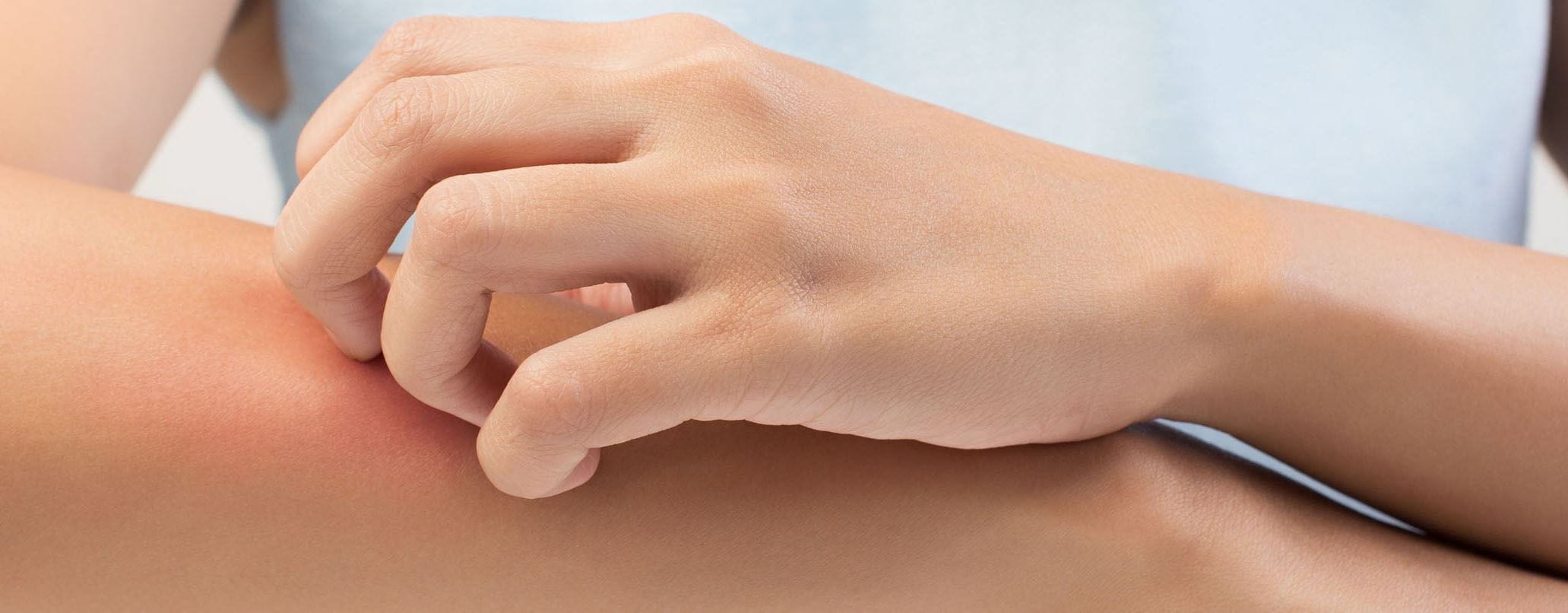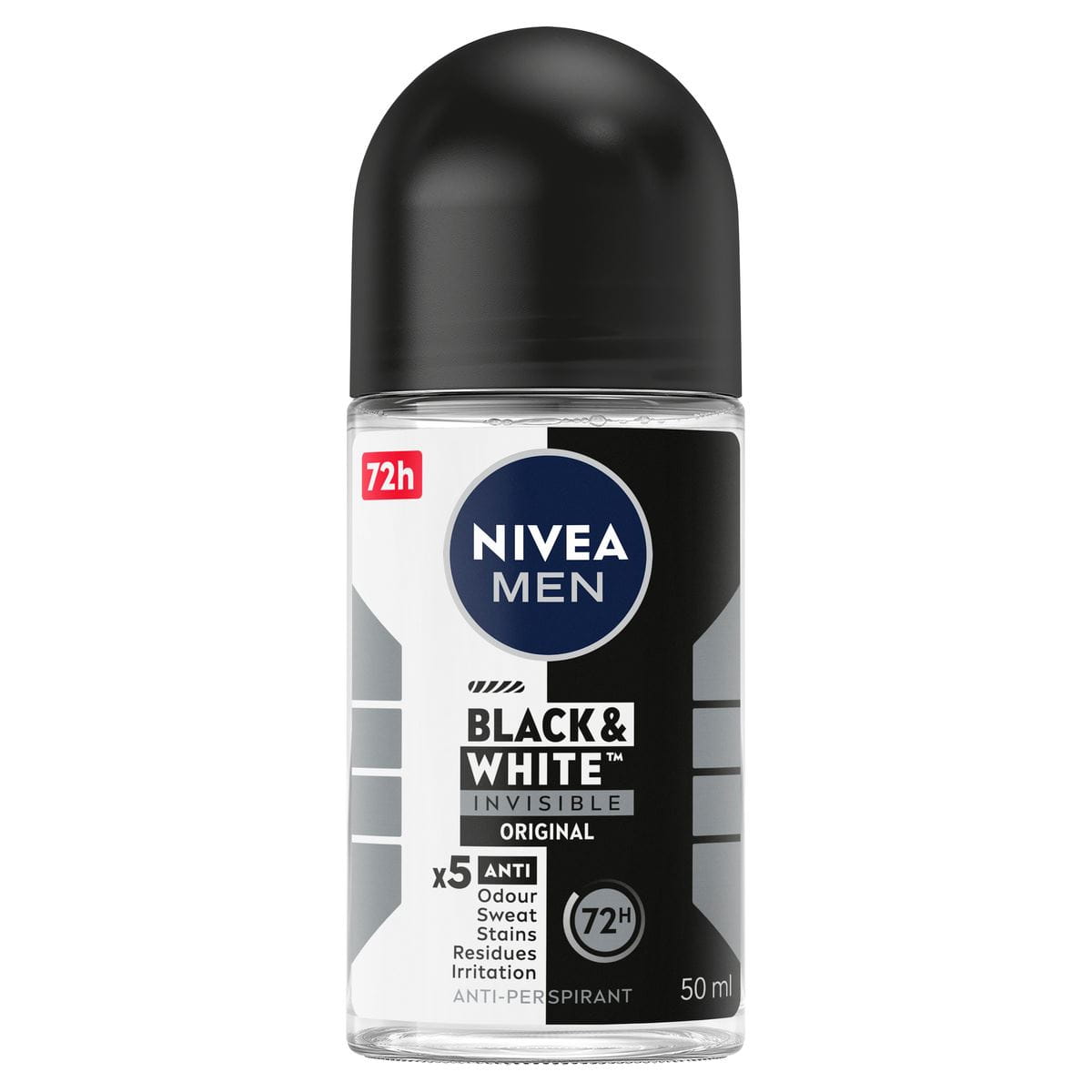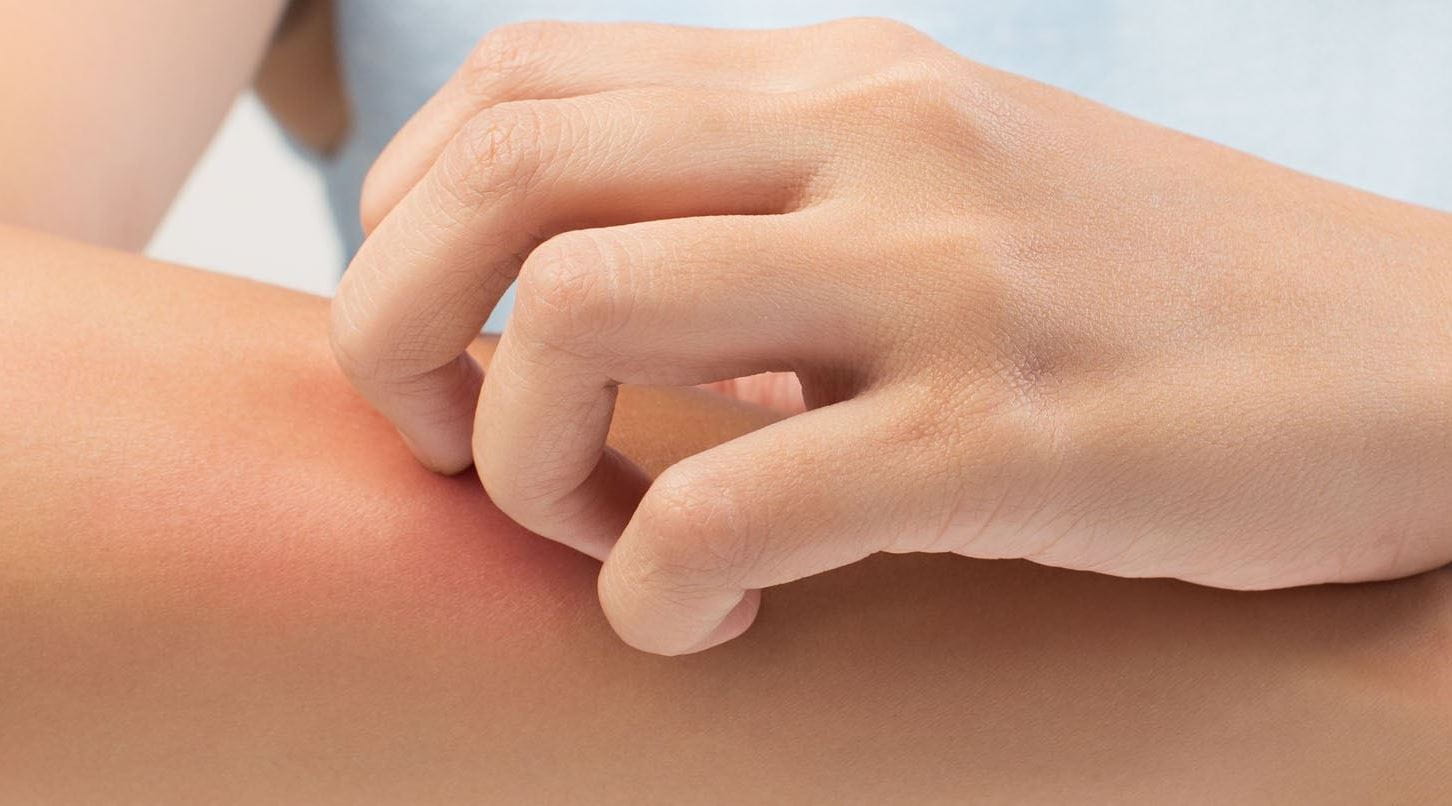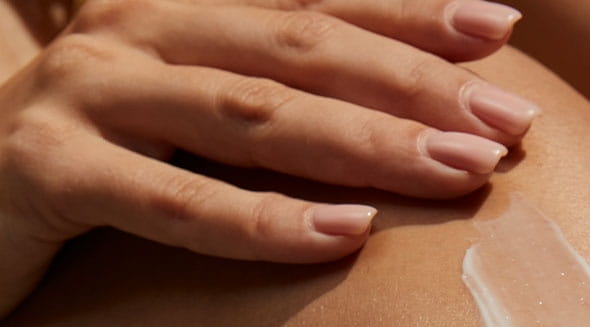If you are suffering from mild to medium dry or itchiness, one or more of the following factors could be one of the causes of your itchy skin.
Allergies:
Preservatives, chemicals that produce fragrances or those used to colour or thicken cosmetic products can often cause allergic reactions, as well as certain materials such as wool or polyester. Even hay fever can cause you to have itchy skin depending how severe your allergy.
Shaving:
When you shave as a form of hair removal, you can get micro-lesions in your skin which can easily become inflamed if your skin is not used to shaving. If you're using a dull razor, sometimes the hair can twist and get stuck under the skin, causing ingrown hairs which can cause itchy skin. Itchy legs post shave? It’s possible that your clothes are rubbing against your sensitive skin causing soreness and redness.
Clothes:
Check to see if your clothes are made from mostly synthetic or natural materials. Synthetic materials tend to prevent air from circulating around your skin. Without airflow, your sweat can’t evaporate. This broken process can result in dry, flaky or itchy skin, and even cause a nasty rash. Loose cotton or linen clothing is optimal for maintaining soft, silky skin.
Perspiration:
Particularly in your underarm areas as well as your more intimate areas, build-up of sweat during the day can cause bacteria to thrive in the damp conditions, causing itchy skin. Additionally, when sweat sticks to your clothes it creates the perfect conditions for chafing to add insult to injury.
Perfumes:
We all love our favourite perfume, but with alcohol being the most common ingredient, it can often result in irritated skin. If you regularly break out in a rash after spritzing your perfume, experiment with a more natural, low-chemical formula.
Low-Fat Diet:
Following an excessively low-fat diet could be causing your skin to dry out and itch. Your body needs fat to help it maintain healthy hydration levels and optimal functioning. Foods like salmon, avocado and coconut oil are all great sources of natural, healthy fat to help keep your skin feeling supple and soft.
Showering:
The wrong shower habits can really affect your skin. Excessively hot water and drying soaps are two of the most common causes of dry, itchy skin. Try lowering the temperature of your showers, and experiment with a moisturising shower gel to help maintain the moisture levels of your skin. Remember to always moisturise with a lotion after showering, for more supple skin.
Weather:
The cold and hostile winter can cause your skin to become dehydrated and if the moisture is not replaced. Scaly, flaky skin can appear around your face or body which can turn into itchy skin if left in poor condition. The heat can also dehydrate your skin through water loss as you sweat more to regulate your core temperature.
Skin Conditions:
Skin conditions such as eczema or psoriasis can cause patches of the skin to become dry, itchy and sore while psoriasis creates flaky, red, patches of skin due to the skin cells trying to rapidly replace themselves in a short amount of time (usually 3 – 7 days) instead of gradually (3 – 4 weeks).







